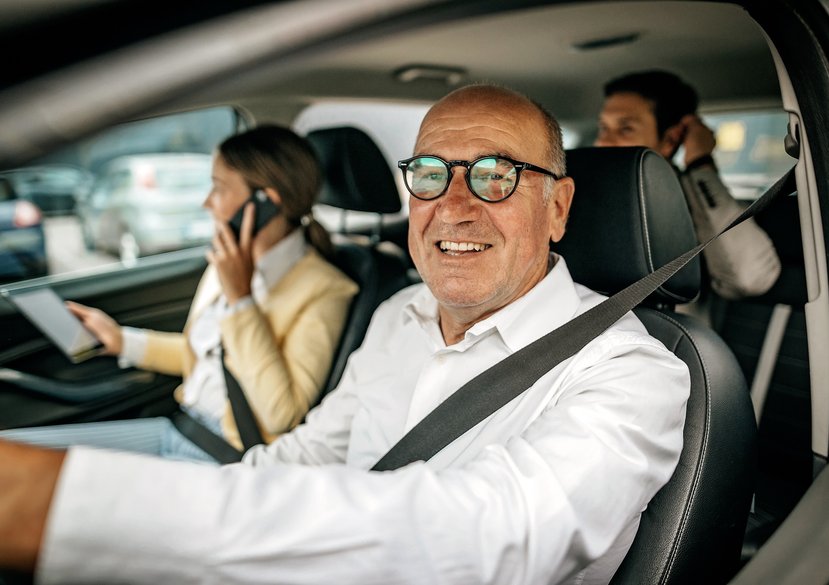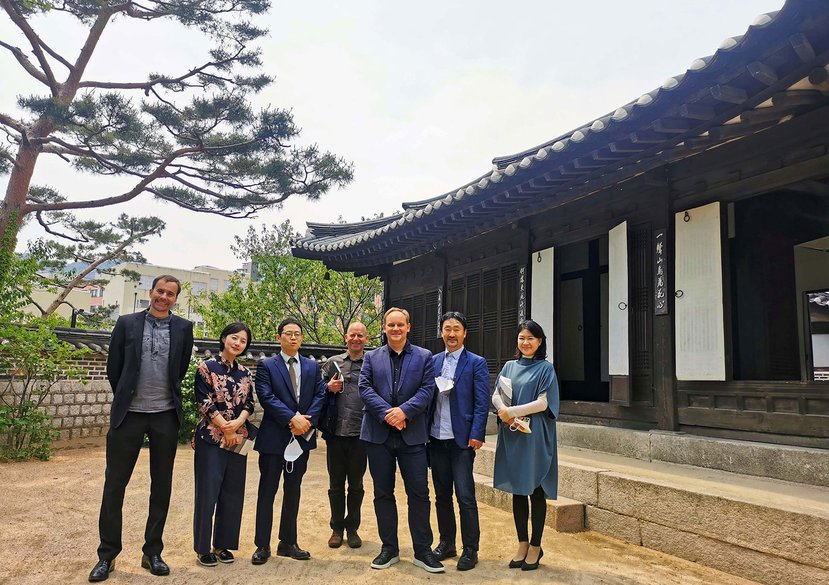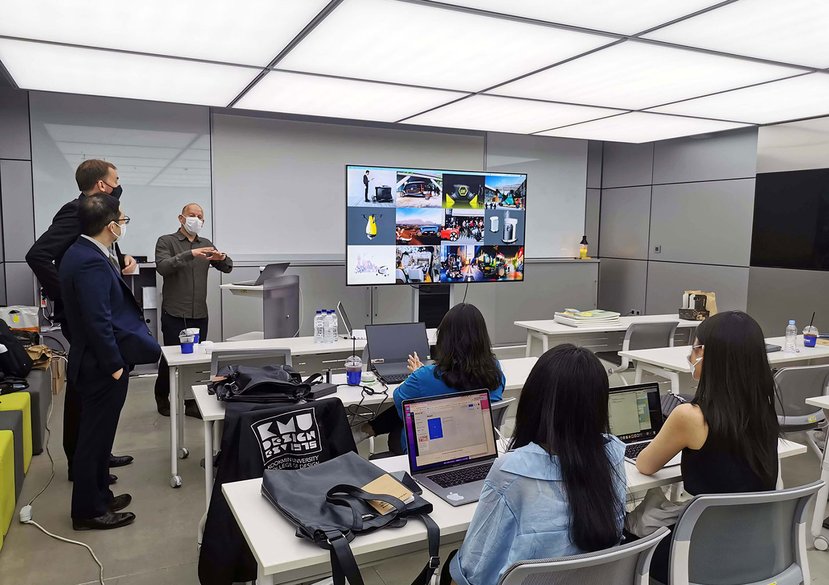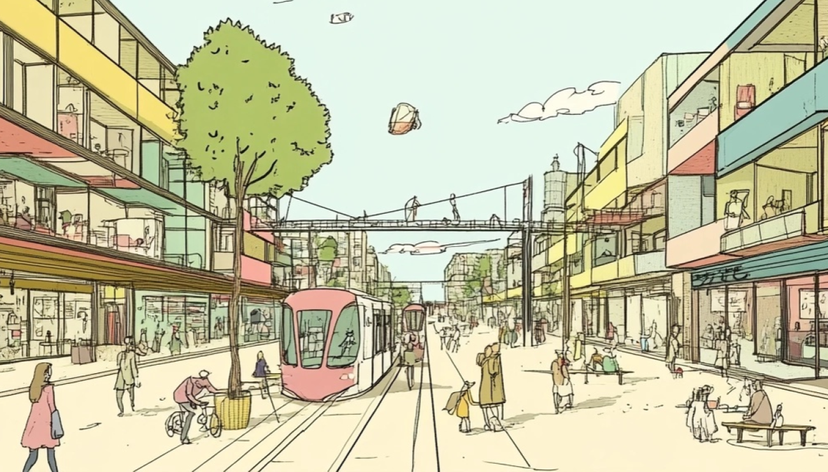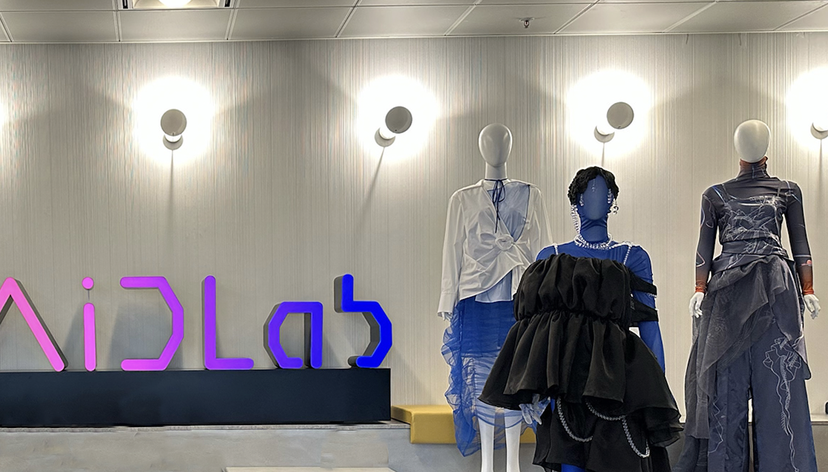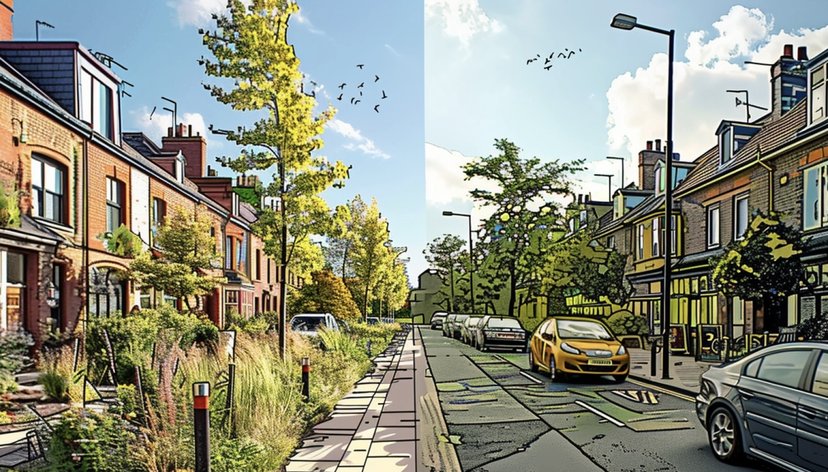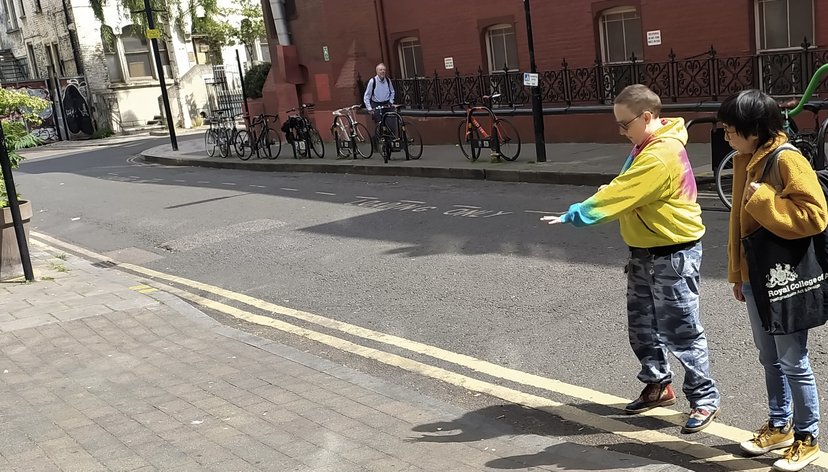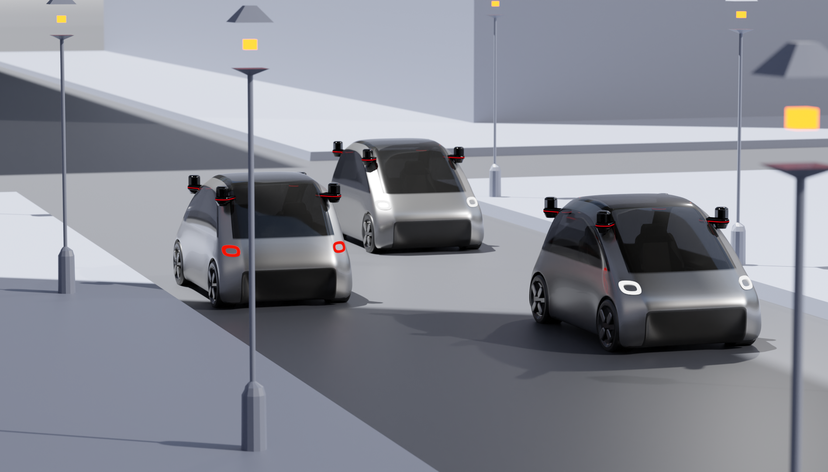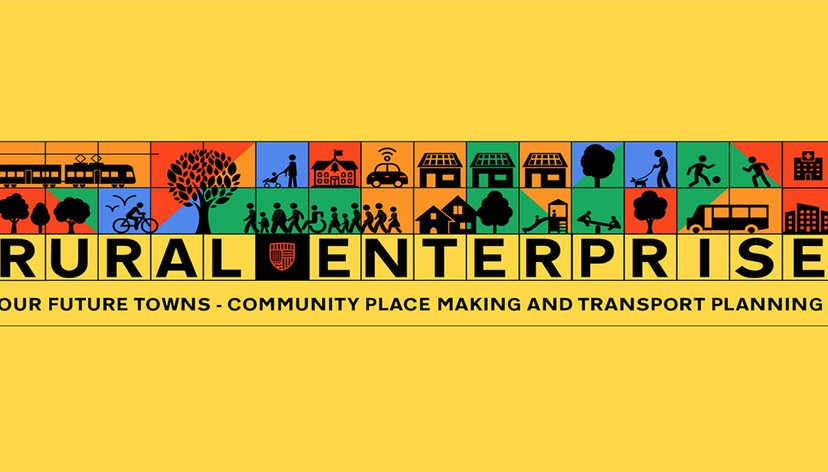
A sustainable mobility future requires us to share our journeys. But how do we get people to share what they used to own?
At a glance
- Shared mobility is essential for sustainable mobility
- Yet getting people to share vehicles and journeys with others also creates one the toughest design challenges
- Here we explore local knowledge and sensitivities to design shared mobility solutions that are relevant and understandable to people in the ambition to move from individualised ownership to mobility on-demand
Key details
Gallery
More information
The challenge
Mobility matters: it enables us to come together, explore and organise our world and is a foundational component of social and economic development.
How we best do this, in harmony with natural limits and in pursuit of inclusive and sustainable goals, is a fundamental and challenging question.
Electrification and automation are often hailed as the major disruptive and transformative innovations. But there are no silver bullets and, by themselves, may even lead to unintended and undesirable effects.
Significant benefits of these technologies can only be achieved if we share what we used to own and as a society, we will have to come to accept that private car ownership can no longer remain the norm.
Shared mobility (in particular shared journeys) is a critical ingredient for sustainable mobility.
And herein lies one of the toughest challenges: How do we get people to share vehicles and journeys with others?
The challenge is to overcome significant psychological challenges and conflicts with important social norms around personal space and individual agency, further exacerbated by Covid-19.
What we did
In this project we will unpack design challenges and opportunities associated with the move from individualised ownership to mobility on-demand.
In particular, we will explore local knowledge and sensitivities to design shared mobility solutions that are relevant and understandable to people.
Centred around the themes of wellbeing, inclusivity, cultural sensitivity, and sustainability, the project will bring together researchers and designers from two leading mobility design institutes, Kookmin University’s Department of Automotive and Transport Design, Seoul, and the Royal College of Art's (RCA) Intelligent Mobility Design Centre (IMDC), London.
Drawing upon a range of disciplinary perspectives and expertise within both partner institutions and their wider networks, the project explores and envisions Purpose Built Vehicles, associated services and journey experiences.
Design will play a pivotal role in the recovery and promotion of shared mobility. Both technological and policy solutions will fail if they do not account for human needs, hopes, fears, and aspirations. Likewise, social sciences can investigate these factors but cannot provide solutions. Design, partnering with other disciplines, has a unique ability to translate high-level objectives into tangible, people-centred realities.
Intelligent Mobility Design Centre
Get in touch to find out more about our research projects.
[email protected]
